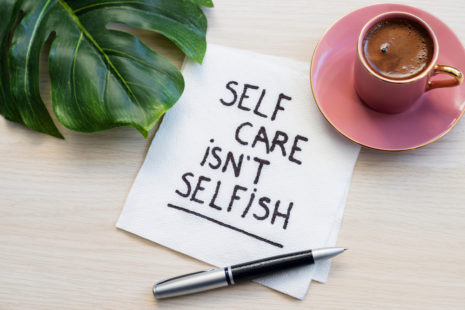While self-control is generally considered a valuable trait, it is possible to have too much self-control in certain situations or to an extreme degree, which can potentially have negative consequences.
Here are some situations where excessive self-control might be problematic…
- Perfectionism – When taken to an extreme, self-control can lead to perfectionism, where individuals set unrealistically high standards for themselves and are never satisfied with their achievements. This can result in stress, anxiety, and a decreased quality of life.
- Rigidness – Excessive self-control can lead to inflexibility and an unwillingness to adapt to changing circumstances. People who are overly controlled may struggle to go with the flow or embrace spontaneity, which can limit their experiences and relationships.
- Suppression of Emotions – Trying to exert too much control over one’s emotions may lead to emotional suppression, where individuals bottle up their feelings rather than processing them healthily. This can have adverse effects on mental and emotional well-being.
- Reduced Creativity – Overly controlling individuals may have difficulty thinking outside the box, taking risks, or exploring new ideas, which can stifle creativity and innovation.
- Social Isolation – Excessive self-control can lead to social withdrawal, as individuals may avoid social situations or risks to maintain strict control over their lives.
- Health Consequences – In some cases, rigid control over diet and exercise can lead to unhealthy behaviors, such as extreme dieting or excessive exercise, which can have negative physical and mental health effects.
- Interpersonal Relationships – Overly controlling individuals may struggle to form and maintain close relationships because they find it challenging to let their guard down or trust others.
Strike a balance between self-control and flexibility, allowing room for spontaneity, creativity, and healthy emotional expression. Self-control should not become a source of unnecessary stress or rigidity in one’s life. Recognizing when excessive self-control is hindering your well-being and seeking support or guidance to find a healthier balance can be beneficial. Be mindful of individual differences, as what constitutes “too much” self-control may vary from person to person and across different life circumstances.





